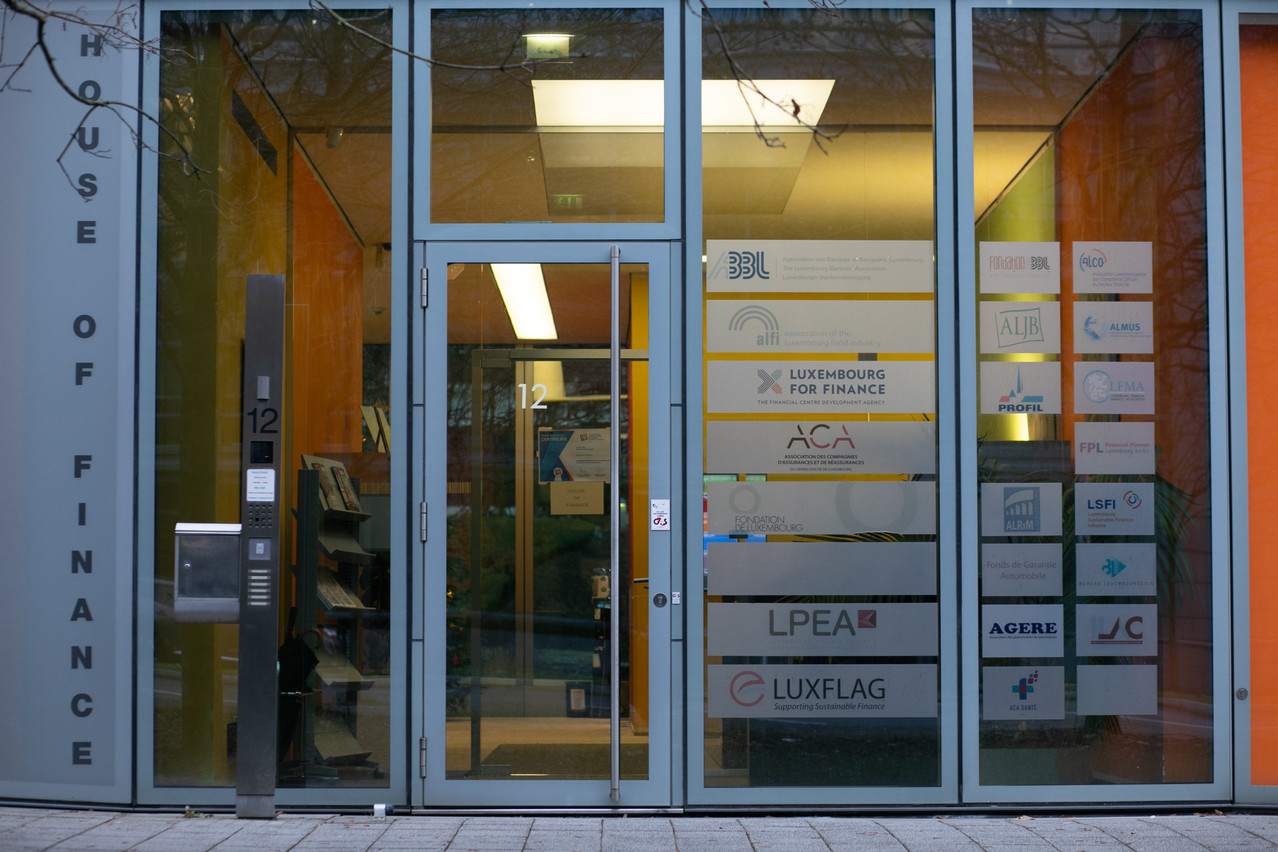The year 2023 saw the conclusion, at European level, of two major issues for the financial community: the banking package and the revision of the Alternative Investment Fund Manager (AIFM) directive.
The banking package attracted attention not only because of the translation into European law of the latest Basel standards, but above all because of its implications for financial operators outside the EU. “The risk was to restrict the ability of operators who do not have a physical presence in the EU to provide services there, particularly investment services,” , Secretary General of the Luxembourg Bankers' Association (ABBL), explained to Paperjam.
The agreement reached a few weeks ago maintained sufficient openness while preserving the interests of European banks. The ABBL saw it as a balanced solution, avoiding a major break with players such as the City of London, the US financial markets and the Swiss financial centre.
The EU’s financial market is too small for the size of its economy.
For Camille Seillès, the stakes were high for Luxembourg: “To give just one example, the fund industry is based on a delegation model, meaning that fund management is delegated to asset managers, who are mainly based in London. This is a reality: the best are in London. So we can't do without them.”
From a European point of view too, keeping third-party operators away would have been a bad calculation, says the ABBL representative: “The European Investment Bank is talking about €1,000bn of investment per year between now and 2030 to meet the climate objectives of the Paris Agreement. Where is all this money to be found? The fact is that the EU's financial market is undersized in relation to the size of its economy. So some of the funding has to come from outside.”
The challenge of hedge funds
The revision of the AIFM directive, for its part, has raised concerns about the introduction of a passport for custodian banks. “The initial proposal potentially threatened thousands of jobs in Luxembourg by removing the obligation for funds to deposit their assets in a bank located in the country", said Camille Seillès.
The solution found, a limited passport, removes this obligation only in countries (such as Malta or Cyprus) where the range of custodian bank services is limited. The Secretary General of the ABBL described it as “a very satisfactory outcome for Luxembourg, which preserves its jobs while obtaining the possibility for its custodian banks to serve other countries.”
Money laundering: in the middle of the road
Two other major dossiers are in the middle of the ford: the AML (anti-money laundering) package and the retail investment strategy.
The AML package, currently under inter-institutional negotiation in Brussels, is raising fears of a potentially over-prescriptive approach, taking Europe further away from the standards of the Financial Action Task Force (FATF). Camille Seillès warned that the EU will not deviate from international standards when it comes to bankers’ due diligence obligations: “The level of due diligence should depend on the level of risk, and not on quantitative criteria such as the volume of the investment.”
The retail investment strategy, centred on the review of the Mifid rules, is also raising concerns. While the European Commission is considering a tightening of the framework, the ABBL is advocating a relaxation to better involve retail investors in the financing of the European economy. “If investment advice is subject to restrictions, particularly in terms of pricing, this service will be less attractive to banks, thereby compromising the objective of mobilising private savings towards investments that support the European economy,” insisted Camille Seillès.
In other words, according to the ABBL, the forthcoming decisions will have a significant impact on the financing of the European economy and the EU’s competitiveness.
This article in Paperjam. It has been translated and edited for Delano.

